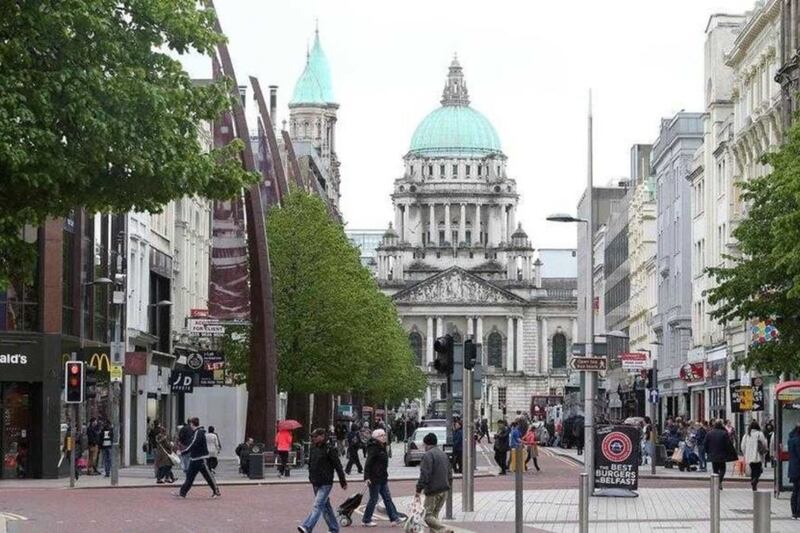A FRESH public consultation has been launched in relation to the proposed extension of Sunday trading hours in Belfast.
The Strategic Policy and Resources Committee of Belfast City Council agreed yesterday to revisit the designation of Belfast as a city centre as a 'holiday resort'. A six week public consultation is now open, the second to be carried out by the council in less than a year.
Last May councillors voted overwhelmingly (12-3) against the designation, despite the public consultation finding that 60 per cent of people are in favour of the change, which would allow large shops (3,000 st ft or bigger) – which are currently restricted to a 1pm-6pm shopping window every Sunday – to open all hours on 18 Sundays between March and September.
Several locations across the north have already been designated as holiday resorts including Derry, Newry, Kilkeel, Portrush, Portstewart and Ballycastle.
If the public consultation is in favour of a change in Sunday opening hours a second vote will take place among council members, possibly at the May 1 meeting. If then formally approved by councillors the designation could take effect from June 1.
Previously Sinn Féin, the DUP and the SDLP have all been united in their opposition to the plans, as has the shopworkers trade union Usdaw and trade body Retail NI.
Retail NI chief executive said he was "somewhat disappointed" the debate has been re-opened, but added he would make sure members views are heard "loud and clear".
Earlier this week Usdaw urged Belfast City Council not to revisit plans to extend Sunday trading hours in the city.
Usdaw general secretary John Hannett said holding a further consultation is a "waste of council time and resources".
“There has been no change in the public mood, economic situation or impact on our members, their colleagues and communities over the last nine months," he said.
The Belfast Chamber of Trade and Commerce is strongly behind the proposals and believe the changes would "positively benefit trade in the city, which would have a cumulative effect across the whole of Northern Ireland".






